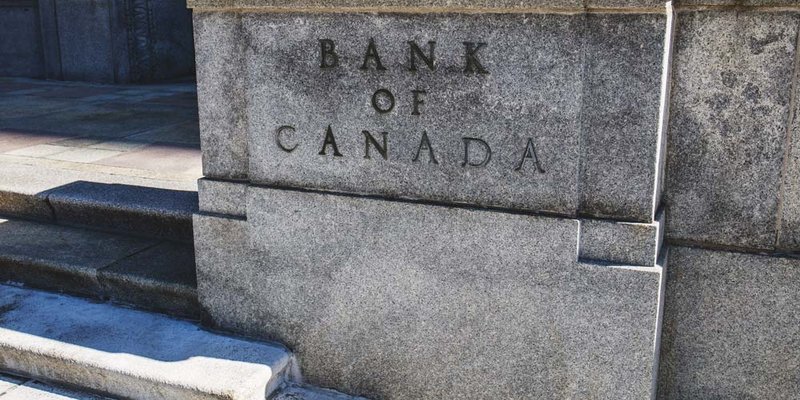
If you are not redirected within 30 seconds, please click here to continue.
Samedi: 10h – 16h HAE

If you are not redirected within 30 seconds, please click here to continue.
If you are not redirected within 30 seconds, please click here to continue.
Bank of Canada raises interest rate to 1.50%, says more hikes needed to ease persistent inflation

On Wednesday morning, the Bank of Canada announced it would increase its benchmark interest rate by yet another 50 basis points, to 1.50%, delivering the second consecutive supersized hike this year. It’s an aggressive move to rein in inflation, which sits at a 31-year high of 6.8%, and is expected to keep rising in the near term. This is well above the Bank’s forecast for April.
“The increase in global inflation is occurring as the global economy slows,” the Bank said in its release. “The Russian invasion of Ukraine, China’s COVID-related lockdowns, and ongoing supply disruptions are all weighing on activity and boosting inflation.”
The Bank says inflation “will likely move even higher” before beginning to ease to the 2% target.
The Canadian economy is operating in excess demand
Canadian economic activity is strong, with a Gross Domestic Product (GDP) growth of 3.1% in Q1 2022 and the outlook for the second quarter looking “solid.” Job vacancies are elevated due to widespread labour shortages; however, wage growth is rising, helping consumer spending remain robust.
“Housing market activity is moderating from exceptionally high levels,” the Bank said today. As the cost of borrowing increases, affordability will wane. With the economy operating in excess demand and inflation persisting above target, the Bank indicated that rates will need to rise further.
How the rate hikes are influencing mortgage inquiries
In response to recent hikes, RATESDOTCA mortgage quoter data show that homeowners are increasingly flirting with fixed-rate mortgages. However, there’s evidence that they may find variable rates more enticing.
Our data reveal a 61% month-over-month increase in fixed-rate mortgage quotes from April to May, following the last Bank of Canada announcement. However, low variable mortgage rates continue to tempt homeowners with the potential for significant savings — despite the financial risks. The quoter data also show an 85% spike in variable-rate mortgage quotes from April to May.
As home sales begin their descent and interest rates rise, more homeowners may look to variable rates in order to qualify for larger mortgages. To pass the stress test, banks use the higher interest rate of either the benchmark rate of 5.25% or the lender’s interest rate plus 2%. Since variable rates tend to be lower than fixed rates, homeowners might have an easier time clearing the stress test if they choose a variable mortgage.
Compare Mortgage Rates
Engaging a mortgage broker before renewing can help you make a better decision. Mortgage brokers are an excellent source of information for deals specific to your area, contract terms, and their services require no out-of-pocket fees if you are well qualified.
Here at RATESDOTCA, we compare rates from the best Canadian mortgage brokers, major banks and dozens of smaller competitors.
Still, homeowners must consider the risks variable rates pose as we find ourselves in an environment of rising rates. In the case of most variable mortgages, payments fluctuate — potentially impacting future budgets or cash flow. As the prices of energy, gas and consumer goods surge, homeowners must consider the impact of rising rates on their cost of living. A recent BNN and RATESDOTCA survey suggests that nearly 40% of homeowners are concerned about their finances, half of whom bought during the pandemic.
The benchmark interest rate sits at a quarter-point below pre-pandemic levels, and more hikes loom. According to today’s announcement, “the Governing Council is prepared to act more forcefully if needed to meet its commitment to achieve the 2% inflation target.”
The next scheduled Bank of Canada announcement is July 13, 2022.
READ MORE:
Get money-saving tips in your inbox.
Stay on top of personal finance tips from our money experts!









